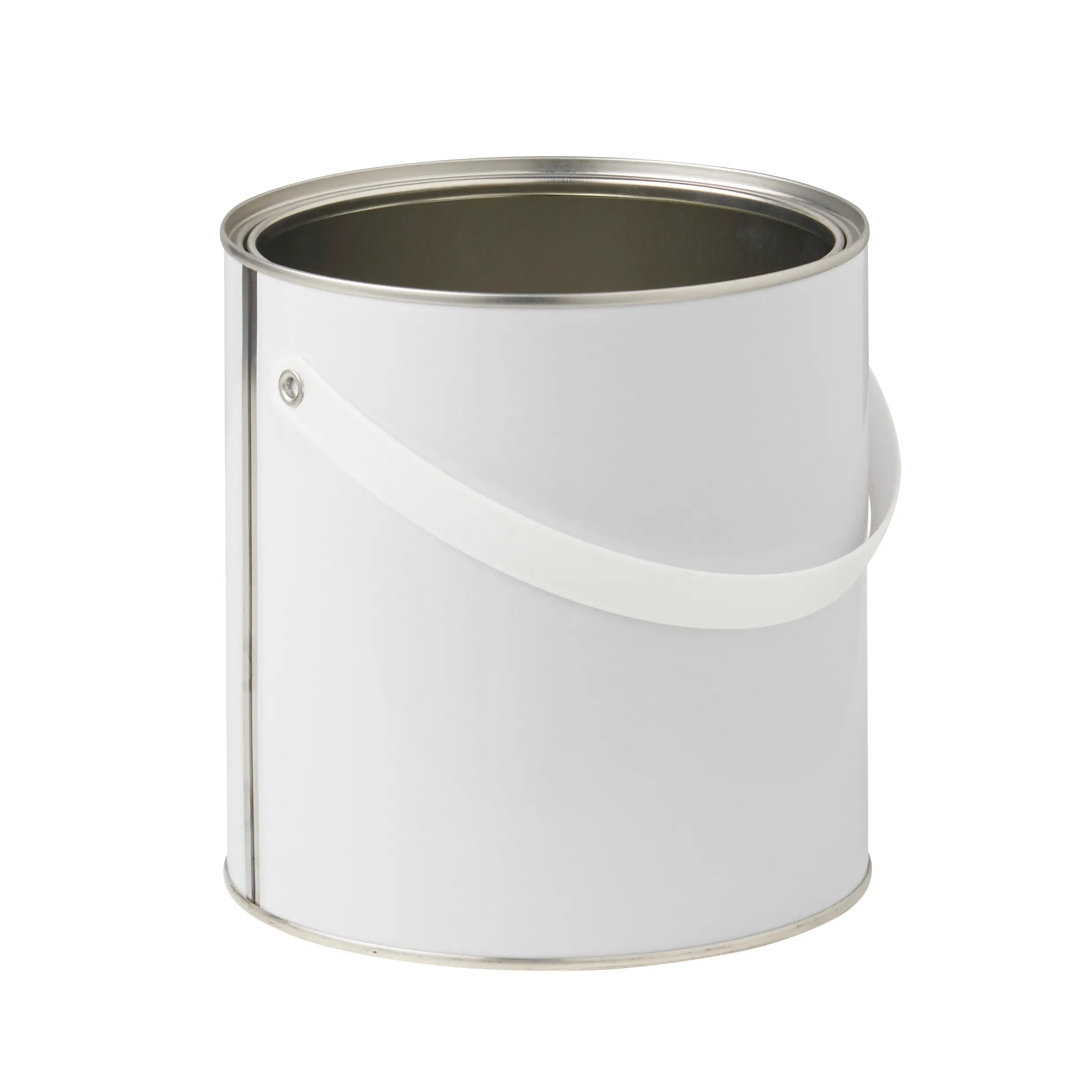What Is CBAM?
The EU Carbon Border Adjustment Mechanism (CBAM) aims to curb carbon leakage while ensuring a level playing field for EU-based raw material producers.
Currently, some non EU-based material producers have the advantage of offering lower prices for the products they sell into the EU. This is because these countries often produce materials in a cheaper and more carbon intensive way, and the country in which they are manufacturing may not impose the same level of carbon fees on them.
To achieve this a carbon charge is applied on certain material imports from all non EU countries (except those already part of theEU's Emissions Trading System (ETS) or have an equivalent carbon pricing system).
"This is done by applying a charge to the carbon emitted during the production of imported goods. These fees cover the difference between the emission fees in the country of production and fees under domestic carbon pricing schemes, meaning that imported goods face an overall comparable price to those goods produced in-country." - Best for Britain, 2024
What materials are charged CBAM?
The initial focus is on carbon-intensive materials including: Cement, Iron and steel, Aluminium, Fertilisers, Electricity and Hydrogen.
Does this affect UK businesses?
Despite the UK having its own UK Emissions Trading Scheme (UK ETS). The EU does not currently recognise the UK ETS as equivalent to the EU ETS, meaning UK exporters must comply with CBAM when selling goods (like steel, cement, and aluminium) into the EU.
The impact to UK businesses:
- UK businesses exporting these goods will have to pay a carbon price equivalent to the EU’s Emissions Trading System (EU ETS). This is calculated by considering if the UK’s carbon pricing is lower than the EU’s. If it is UK exporters will have to pay the difference.
- UK companies must track and report emissions data for affected goods exported to the EU.
- Compliance includes proving that carbon costs have already been paid in the UK (to avoid double taxation).
Trade disadvantages:
- If UK businesses face higher carbon costs than non-EU competitors (e.g., from the US or China), they may lose market share in the EU.
- UK companies might need to invest in cleaner production methods to stay competitive.
- Businesses sourcing materials from the EU may see price increases due to CBAM’s impact on EU producers.
When does CBAM come into force?
CBAM is being implemented in stages:
(1) Transitional Phase: This started on 1st October 2023, affected importers began reporting the emissions of their imports. While no financial charges apply, businesses are required to monitor and report their carbon footprints accurately.
(2) Full Implementation: From 1st January 2026, CBAM will come into effect. Importers into the EU will need to purchase CBAM certificates to cover the embedded emissions of their imported goods, effectively pricing the carbon footprint of these imports.
How does CBAM affect UK packaging distributors and manufacturers?
CBAM applies to imports of carbon-intensive raw materials from countries without comparable carbon pricing policies. For manufacturers sourcing materials like steel or aluminium from non-EU countries, these imports will become more expensive.
For a packaging distributor like Invopak, we will be subject to our suppliers passing on increased costs they incur as a result of CBAM. For example, a pail manufacturer in Italy or the UK that buys steel from China, will likely have to pay a higher price for steel due to CBAM. This cascades down the supply chain with price increases.
Invopak is also a manufacturer and so the increased cost in raw materials due to CBAM will affect us and UK packaging manufacturers in a similar way to the example mentioned above.
To summarise, increased production costs will lead to an increase in the cost of end products. Manufacturers and distributors within the supply chain will likely try and absorb these costs where possible to protect customers, but this is often not achievable or sustainable.
In a nutshell, what is the objective of CBAM?
CBAM’s overarching goal is twofold:
(1) Reducing global carbon emissions: By discouraging the use of carbon-intensive materials and incentivising cleaner production methods.
(2) Levelling the playing field: The policy seeks to protect EU industries from unfair competition by ensuring that imported goods face similar carbon costs as those produced within the EU.
2027 - UK CBAM:
In response to the EU's CBAM introduction, the UK has announced it's own CBAM which is due to be implemented by 2027. The UK's CBAM affects the same sectors as the EU's CBAM, except that the UK's does not apply to imports of electricity.
This means UK manufacturers who purchase materials outside of the UK will be heavily affected.
You can find out more about the UK's CBAM scheme on the government website here.
How is Invopak preparing?
Whilst the introduction of CBAM brings many complexities and concerns, at Invopak we're continuously planning ahead to assess potential impacts to our customers and mitigate these as best we can.
If you'd like to find out further information regarding CBAM, ETS, Plastic Packaging tax or any similar governmental charges, please reach out to our sales team.
Call us: 0161 366 4451
Email us: sales@invopak.co.uk






